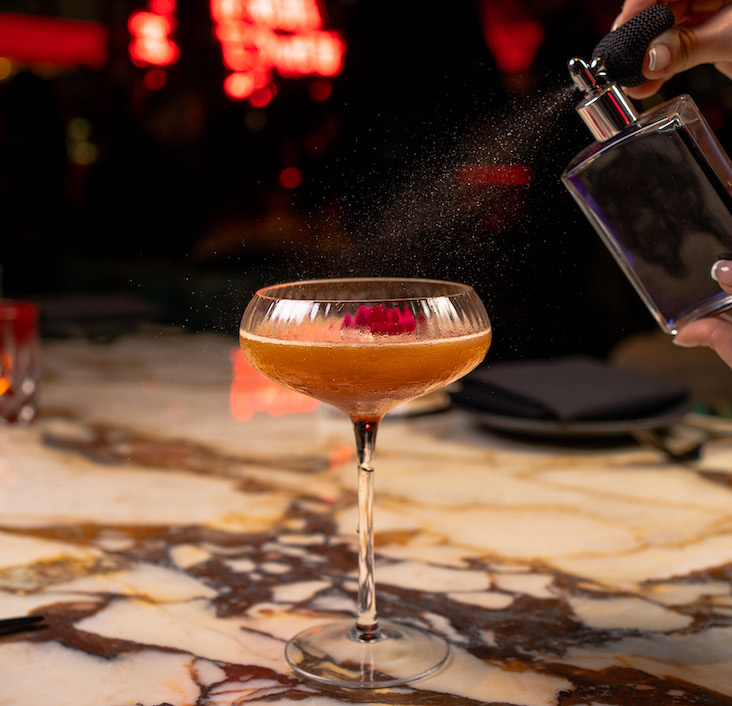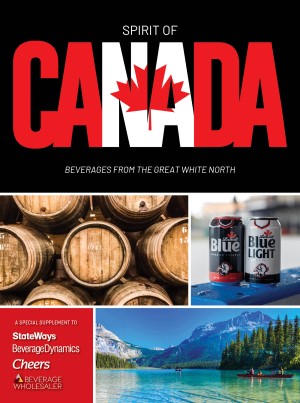HALF A GLASS
If you check the figures in this month’s Growth Brands story, you’ll see that the wine and spirits industry is continuing through its latest expansion full-steam ahead. Brands unheard of four or five years ago continue to emerge, premium brands are showing strength, and a wide selection of varietals, nations and brands are contributing to the growth. So maybe it’s a great time to be doing business.
If you, on the other hand, check the headlines, you might decide a different story is unfolding. Aramark Corp. has been stung with a $105 million judgment in a drunk-driving case that has called into question its alcohol server training program at Giants Stadium in New Jersey. And despite persistent and mounting evidence that the main source of the country’s drunk driving problem is the chronic over-consumer (repeat offenders who drive while highly intoxicated with blood alcohol levels at .20 and higher), groups arrayed against the serving of beverage alcohol in food service establishments are using roadblocks and the threat of ignition-locking devices to keep your customers, not sober, but afraid to consume ANY beverage alcohol.
What to do? Aramark has a thorny problem as it appeals the decision, since the drunk driver in the case has admitted bribing their server, who should have known better. The question is, “Do your servers know better? Can they determine who should and shouldn’t be served? Do you feel safe with your business in their hands?”
At last month’s Cheers beverage conference, we heard from a number of speakers on the issues of safe service and today’s legal climate. Stephen Barth of Hospitalitylawyer.com said having a manager on-duty with some sort of safe service certification above what the law demands can provide extra protection to a food service establishment when responsibility procedures are challenged. And Steven Olson, a.k.a. winegeek, told us that when he was still in restaurant service and responsible for training, he made certain to be up-to-date on responsible service standards.
Your ability to continue doing business may be determined by societal changes beyond your control, but you can do at least two things about it right now: First, contact your local, state and national restaurant associations and get involved in lobbying and legislative issues. Second, make sure your training meets and exceeds the letter of the law, and spread the word about what you do through your community. It’s a great time to be in your business; let’s try to keep it that way.




